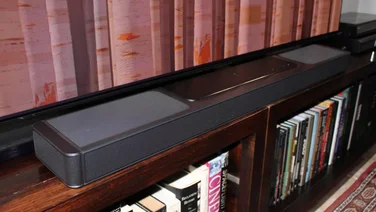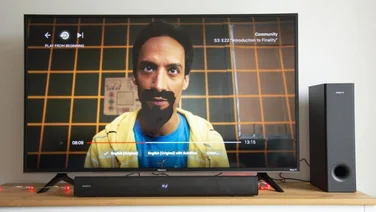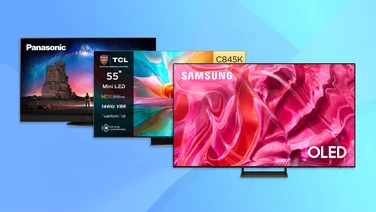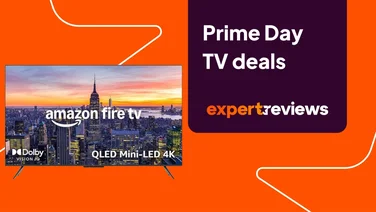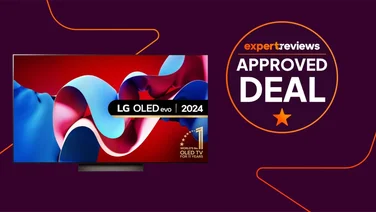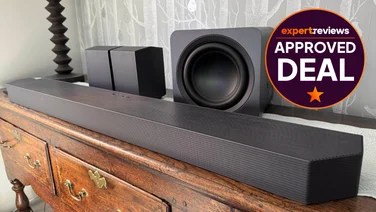To help us provide you with free impartial advice, we may earn a commission if you buy through links on our site. Learn more


The freedom and openness of the internet was dealt a major blow when a big-money deal was done between Netflix and American ISP Netflix. The deal ensures that Netflix streaming in the US will be more effectively diverted through the Comcast network, doing away with irksome buffering and poor streaming quality. That, on the face of it, is great news. But why should any company have to pay for a network to carry their service?
Should Netflix have to pay?
On any given day Netflix can account for nearly a third of all US internet traffic. For internet providers in the US such as Comcast and Verizon that’s a hefty load to carry. Their argument is that services that require huge amounts of bandwidth should pay for the necessary network infrastructure.
Netflix’s counter argument is that ISPs cannot hold the internet to ransom by demanding a sweetener from any website that wants a decent quality of service. But why should the connection speed you get to certain websites be dictated by dirty deals done under the table? Isn’t the internet meant to be equal, open and free?
The row between Netflix and Comcast comes down to something that sounds terribly dull – interconnectivity. When you sit down to watch an episode of House of Cards on Netflix you make a request for content from Netflix– this request is carried by your ISP who then moves the data from point A to point B through something known as an interconnect.
If this becomes congested then certain services will struggle. On Netflix that means buffering and poor video quality. What Netflix has been forced to pay for is a more direct connection from Comcast to its servers. This effectively moves all Netflix traffic on Comcast through a peer-to-peer connection, doing away with the interconnect altogether. That means no buffering for Comcast customers watching House of Cards on Netflix.
But it also means that the best quality of service is open to the highest bidder. The internet is no longer equal.
What about BBC iPlayer?
In the UK the BBC’s iPlayer dominates the video streaming market, with three billion programme requests made in 2013. This phenomenal amount of traffic is only set to increase as more and more people discover the joys of catch-up TV.
The BBC has agreements with a number of ISPs to deliver iPlayer over a peered link. The link between iPlayer and UK ISPs works in a similar way to what Netflix and Comcast are doing in the USA, but there’s no suggestion that money has changed hands.
Details for peering with the BBC are public, but information on specific agreements is not available. The BBC mostly uses content delivery networks (CDNs) and a lot of iPlayer data is peered over these networks, not BBC networks. Agreements tend to be mutually beneficial – video streaming works better and ISPs offer a better quality of service.
Industry regulator Ofcom has said that these agreements are good as they speed up the internet as a whole, but bad as they could stifle innovation if smaller companies can’t also use these peered connections. Ofcom has also warned that so-called net-neutrality in the UK could be abused by companies looking to get an advantage over their rivals.
“The central concern in relation to “Net Neutrality” is the risk that ISPs will seek to manage their subscribers’ access to online services in order to further commercial objectives,” Ofcom explained in a report.
“For example, that BSkyB might prevent access to third party Video on demand (VoD) services like Netflix, to favour their own pay television offering; or that ISPs may seek to charge online service providers for access to their subscribers, and block those who do not pay.”
If ‘net neutrality’ advocates are up in arms about Netflix paying Comcast for a peered link, then they need to wake up. The internet is no longer fair, open and equal and it hasn’t been for some time. Due to the nature of internet traffic peering agreements are crucial to the success of video streaming services. It is hugely important that they don’t become privileges only available to big companies and big money bidders.

